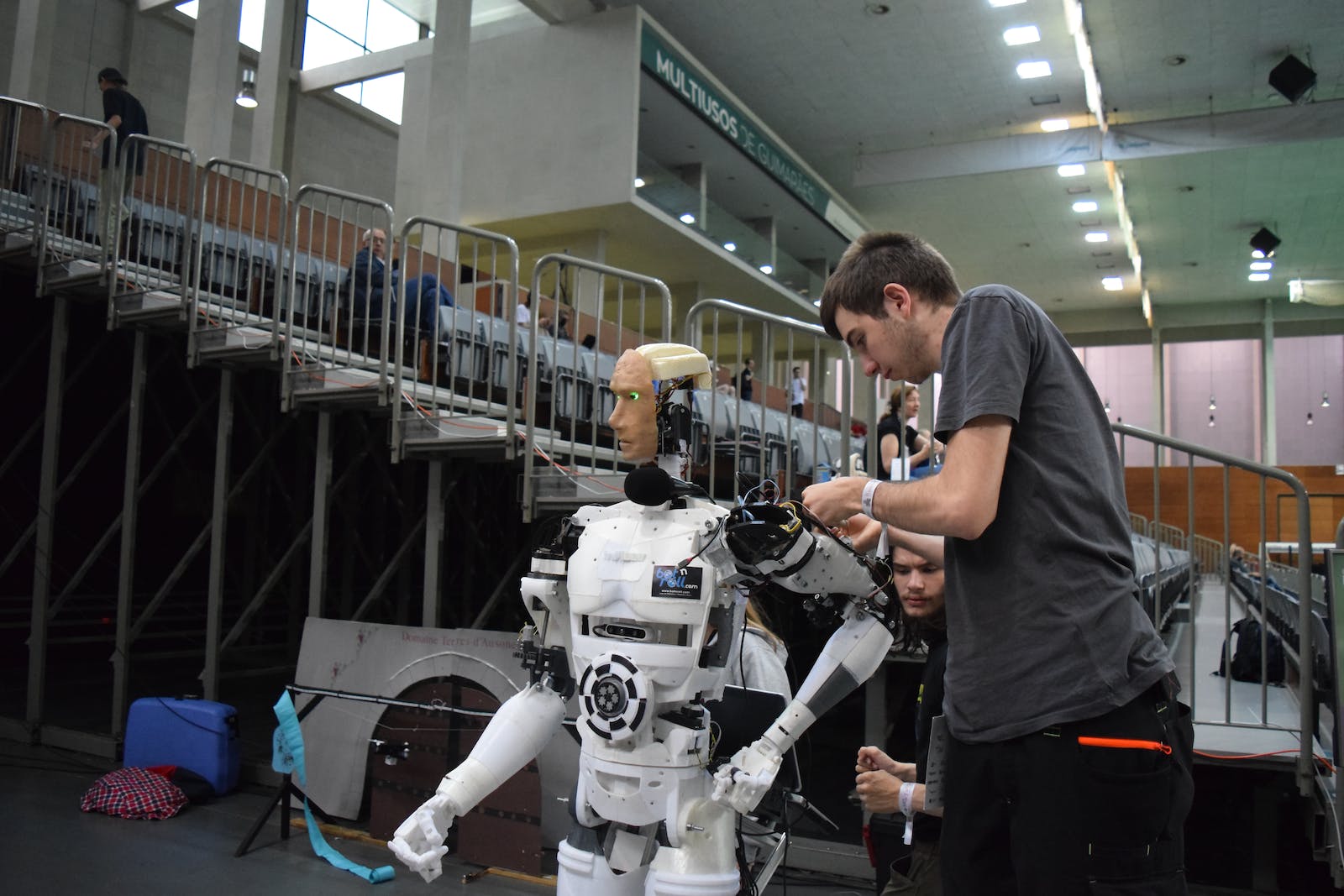The Pros and Cons of K-12 Education System
Exploring the Benefits and Drawbacks of K-12 Education
The K-12 education system has been a subject of debate and discussion among educators, policymakers, and parents for many years. This system covers the education journey from kindergarten to grade 12, offering a comprehensive approach to academic and personal growth for students. While K-12 has its merits, it also comes with its share of challenges. In this article, we'll delve into the advantages and disadvantages of the K-12 education system to provide a balanced view of its impact on students and society.
K-12 education is a fundamental stage in a student's life, shaping their academic and personal development in significant ways. However, it is essential to examine both the positive and negative aspects of this system in order to make informed decisions about its effectiveness. By understanding the advantages and disadvantages of K-12, we can work towards enhancing its strengths and addressing its limitations for the betterment of education.
Pros
The K-12 education system offers several advantages that contribute to a well-rounded learning experience for students. These benefits play a crucial role in shaping their educational journey and preparing them for future success.
Comprehensive Learning Continuum
K-12 provides a continuous and cohesive learning experience for students from the early years of schooling to their high school graduation. This comprehensive continuum allows for a better alignment of educational goals and facilitates smoother transitions between grade levels, fostering a more integrated approach to learning.
Holistic Development Opportunities
The K-12 system emphasizes the holistic development of students, encompassing not only academic proficiency but also extracurricular activities, life skills, and personal growth. This approach enables students to explore diverse interests and talents, nurturing a well-rounded skill set that extends beyond traditional classroom learning.
Early Specialization and Career Readiness
With its extended duration, K-12 offers students the opportunity to delve into specialized subjects and career pathways at an earlier stage. This early exposure to various fields can help students make informed decisions about their future academic and professional pursuits, fostering greater career readiness and direction.
Preparation for Higher Education
K-12 offers a more extended period for students to develop foundational knowledge and critical skills, which may better prepare them for success in higher education. The comprehensive curriculum and extra years of schooling can give students the time and support they need to explore different subjects and career paths, ultimately aiding in making more informed decisions when pursuing post-secondary education.
Diverse Learning Styles Catered To
In the K-12 system, educators and administrators have the opportunity to tailor teaching methods and materials to accommodate diverse learning styles. This individualized approach can benefit students who may struggle in a one-size-fits-all educational model, ultimately leading to improved academic performance and a more inclusive learning environment.
Missing a pro?
Let us know which pro you are missing!
Cons
While K-12 education holds several advantages, it also presents certain challenges and drawbacks that warrant consideration. Identifying these limitations is essential for implementing targeted improvements and addressing the potential shortcomings of the system.
Rigidity in Learning Progression
The structured nature of K-12 education can lead to rigid learning progressions, where students are expected to adhere to predetermined academic timelines and standards. This rigidity may not cater to the diverse learning paces and styles of individual students, potentially creating barriers to their optimal growth and development.
Limited Flexibility and Exploration
The standardized curriculum and assessment frameworks in K-12 may limit the flexibility for students to explore unconventional subjects or alternative learning approaches that align with their unique interests and aptitudes. This lack of flexibility can impede the cultivation of creativity and diverse skill sets outside the conventional academic realm.
Longer Timeframe for Academic Maturity
While K-12 extends the duration of formal education, it also prolongs the timeframe for academic maturity and entry into the workforce or higher education. The protracted schooling years may delay the students' readiness for real-world challenges and professional pursuits, potentially impacting their transition into adult life.
Overcrowded Classrooms
One notable disadvantage of the K-12 system is the potential for overcrowded classrooms, especially in public schools. Large class sizes can limit personalized attention from teachers, hinder effective student-teacher interactions, and lead to increased behavioral issues. This can ultimately impact the overall quality of education and student learning experiences.
Pressure and Stress on Students
The K-12 system can subject students to prolonged periods of intense academic pressure and stress, particularly as they near important milestones such as standardized testing and college applications. The pressure to excel within a competitive environment can have negative effects on students' mental and emotional well-being, potentially leading to burnout and disengagement from the learning process.
Missing a con?
Let us know which con you are missing!
Conclusion
In weighing the advantages and disadvantages of the K-12 education system, it becomes evident that while it offers a structured and comprehensive approach to student learning, there are also limitations in terms of flexibility and individualized progression. By recognizing these aspects, educators and policymakers can work towards optimizing the strengths of K-12 while addressing its drawbacks to create a more adaptable and inclusive educational environment.









